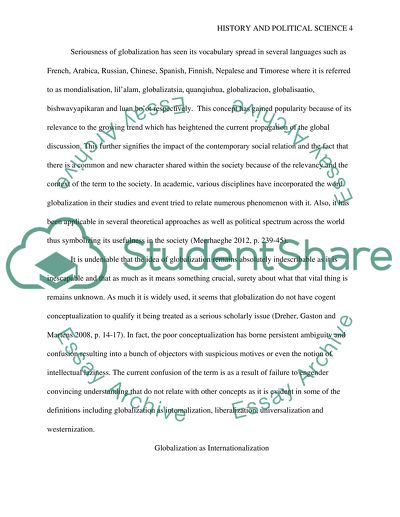Cite this document
(“Globalisation Literature review Example | Topics and Well Written Essays - 1500 words”, n.d.)
Retrieved from https://studentshare.org/history/1490123-globalisation
Retrieved from https://studentshare.org/history/1490123-globalisation
(Globalisation Literature Review Example | Topics and Well Written Essays - 1500 Words)
https://studentshare.org/history/1490123-globalisation.
https://studentshare.org/history/1490123-globalisation.
“Globalisation Literature Review Example | Topics and Well Written Essays - 1500 Words”, n.d. https://studentshare.org/history/1490123-globalisation.


